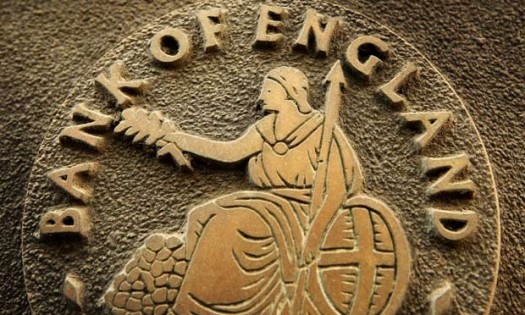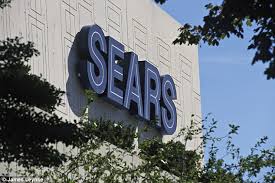The Bank of England voted to maintain the main interest rate low at 0.5% despite the British economy’s fast recovery.
Investors will be forced to wait about two weeks to know whether additional policymakers voted for the increase of interest rates, after two out of the nine members of MPS broke ranks August 2014.
According to Reuters, the bank said last month that it was looking for signs of growth in pay, which has been weak while it considers the right time to start doing away with the low rates. The economic growth is expected to go above 3% this year and economists expect BoE to increase the interest rates early 2015. The increase will be several months before that of the US Federal Reserve.
Scotland’s independent referendum set for September 18 might deliver changes to the economy. On Wednesday, Goldman Sachs said that the vote for independence would resort to severe consequences for the UK and Scottish economies with the pound hitting new lows against the US dollar.
The European Central Bank is under pressure to undertake policy action to control the decline in inflation. According to business surveys, the trade in Europe has been affected by the Ukraine conflict. Additional escalation might lead to significant impact on European economies and delay the exit of BoE from its low rates.
New York Times reported that BNP Paribas senior economist, Dominic Bryant wrote, “Despite the build-up in global geopolitical risks (something that may be tempered if the ceasefire announced earlier today in Ukraine holds), UK data remains steady.â€
Bryant added that the growth appears strong. Berenberg Bank chief Britain economist, Robert Wood said, “The UK’s recovery is lopsided again but it has not lost pace yet.†He predicts an increase of 25 points in February, which is not going to hurt the expansion of the economy.
To contact the reporter of the story: Yashu Gola at yashu@forexminute.com
Subscribe to our daily forex newsletter for free by visiting www.forexminute.com/newsletter



